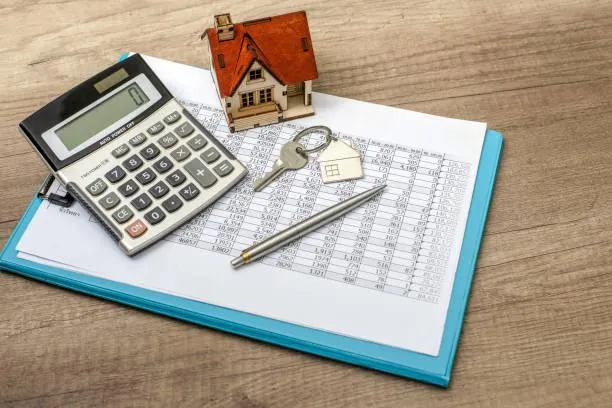MORTGAGE FORECLosure Explained
Mortgage foreclosure is a legal process that occurs when a borrower fails to make required mortgage payments, prompting the lender to reclaim the property to recover the unpaid debt. This typically begins after several missed payments, leading the lender to issue a notice of default.
The borrower may have a grace period to catch up on payments and avoid foreclosure. If the situation remains unresolved, the lender can proceed with foreclosure proceedings, which may involve public auctions of the property. The outcome can be devastating for borrowers, resulting in the loss of their home and lasting damage to their credit score. Understanding the foreclosure process, options for intervention, and potential alternatives, like loan modifications or short sales, can help homeowners navigate this challenging situation..

How to Claim Your Unclaimed Property
1. Understand Your Situation
Review your mortgage documents to understand your loan terms and the specifics of your default.Check your payment history and any notices received from your lender.
2. Communicate with Your Lender
Contact your lender or mortgage servicer as soon as you recognize you might miss a payment. Open dialogue can sometimes lead to alternatives to foreclosure, such as forbearance or loan modification.
3. Explore Alternatives
Investigate options such as a repayment plan, loan modification, or a short sale, which may help you avoid foreclosure.Consider government programs designed to assist struggling homeowners.
4. Seek Legal Advice
Consult with a housing counselor or attorney who specializes in foreclosure to understand your rights and the foreclosure process in your state.
5. Respond to Legal Notices
If you receive a notice of default or other legal documents, respond promptly and follow any required procedures. Ignoring these notices can worsen your situation.
6. Attend Foreclosure Hearings
If your case goes to court, attend any hearings and present your case. You may have the opportunity to contest the foreclosure if there are legal grounds.
7. Consider Filing for Bankruptcy
In some cases, filing for bankruptcy can halt foreclosure proceedings and give you time to negotiate with your lender.
8. Prepare for Auction or Sale
If foreclosure is unavoidable, prepare for the possibility of your home being sold at auction. Know your rights regarding eviction and property possession afterward.
9. Stay Informed
Keep up with changes in local laws or programs that could impact your situation, as regulations regarding foreclosure can vary significantly by location.
10. Focus on Recovery
After the foreclosure process, focus on rebuilding your financial health. This may include improving your credit score and exploring new housing options.

Pro Tips from Surplus Refund LLC
Check multiple states where you’ve lived or worked. Be patient; processing times can differ significantly between states. Consider seeking professional help for complex cases or larger sums.
At Surplus Refund LLC, we specialize in helping individuals navigate complicated financial recovery processes, given that Mortgage Foreclose might be challenging & more complexed, that’s where our expertise can make a difference.
Remember, recovering your Mortgage Foreclose is your legal right. Don’t let your hard-earned money sit forgotten in state coffers—start your search today!
Need assistance with more complex financial recovery?
Contact Surplus Refund LLC for professional help in recovering foreclosure surplus funds and other complex financial assets.




Facebook
Instagram
X
LinkedIn
WhatsApp